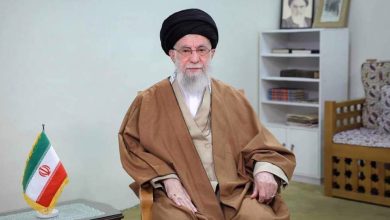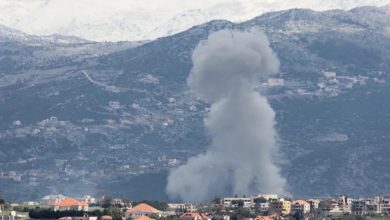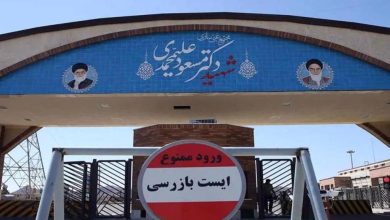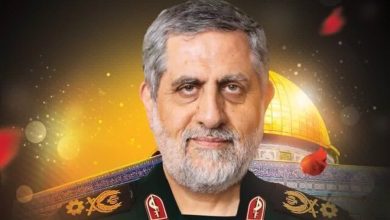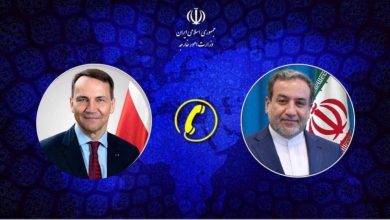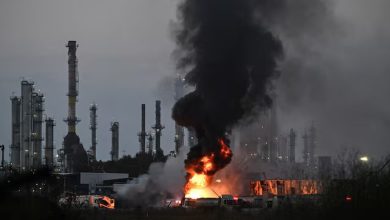Pezeshkian Warns Unchecked Israeli Aggression Against Iran Could Ignite Regional Conflict
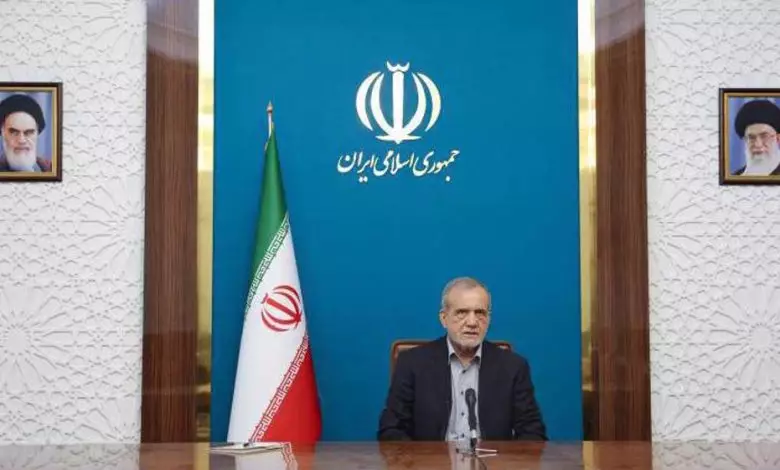
Iranian President Masoud Pezeshkian has stated that Israeli actions against Iran had the potential to escalate into a “widespread and uncontrollable” conflict throughout the region if they had been left unaddressed.
Speaking remotely at the Eurasian Economic Forum on Friday, Pezeshkian emphasized that Iran’s military forces acted in “legitimate” defense of the nation’s dignity, sovereignty, and territorial integrity, aligning their actions with Article 51 of the United Nations Charter during the recent 12-day conflict.
In the early hours of June 13, Israel initiated a comprehensive offensive on Iranian territory, targeting an array of military and nuclear facilities. The operation resulted in the deaths of numerous high-ranking military officials, nuclear scientists, and other civilians.
On June 22, the United States launched airstrikes targeting three Iranian nuclear facilities, an action that has been widely condemned as a serious breach of the United Nations Charter, international law, and the provisions of the Nuclear Non-Proliferation Treaty (NPT).
In a significant escalation, Iran fired a series of missiles targeting the al-Udeid air base in Qatar, the principal American military installation in West Asia. This act was in response to what Tehran described as unwarranted and illegal aggression. Iran’s representative to the United Nations dismissed the United States’ explanation as “arbitrary” and insufficient to validate the attack, according to reports from Press TV.
The beleaguered regime had to unilaterally announce a ceasefire on June 24 following substantial setbacks inflicted by a series of 22 waves of Iranian ballistic missile attacks.
Pezeshkian condemned what he described as the Israeli regime’s “brutal acts of aggression and illegal armed terrorist attacks” on Iran, noting that these incidents occurred as indirect discussions between Iran and the United States regarding Iran’s peaceful nuclear program were underway. He further remarked that the attacks also targeted the nation’s peaceful nuclear facilities.
He emphasized that the military strikes carried out by the United States and what he termed as the Zionist regime on Iran’s nuclear facilities, which were under the complete oversight of the International Atomic Energy Agency, constitute a blatant violation of international regulations.
The Iranian president has stated that the aggression dealt “an irreparable blow” to the nuclear Non-Proliferation Treaty (NPT), coming from a permanent member of the UN Security Council.
Pezeshkian highlighted the significant civilian casualties and injuries resulting from what he described as the Israeli regime’s “illegal and criminal operations,” targeting residential areas, public infrastructure, hospitals, and medical facilities. Meanwhile, Iran’s Foreign Ministry spokesman, Esmaeil Baghaei, asserted Iran’s commitment to maintaining its peaceful nuclear program rights, criticizing the recent US strike on nuclear sites as a breach of international law and diplomatic norms.
He called on the global community, notably the UN Security Council and the International Atomic Energy Agency, to adopt a more accountable stance when addressing issues with aggressors and warmongers.
The leader of Iran has emphasized the necessity of moving away from a policy of appeasement towards Israel, citing ongoing systematic and repeated human rights violations by the state.
He stated that the current session of the Eurasian Economic Forum serves as a crucial platform to strongly denounce acts of aggression and threats posed to the region and globally.
In another part of his speech, Pezeshkian emphasized Iran’s consistent efforts to be an “effective and reliable” participant in regional economic partnerships. He highlighted that the execution of a free trade agreement between Tehran and the Eurasian Economic Union (EAEU) represents a significant move toward strengthening economic connections in the region.
In December 2023, Iran formalized a deal with the Eurasian Economic Union to commence free trade, marking six years since Tehran aligned with the consortium. This strategy seeks to broaden Iran’s economic alliances amid enduring Western sanctions.
The Iranian president has outlined plans to enhance infrastructure and connectivity to boost trade with the Eurasian Economic Union (EAEU). The initiatives include upgrading rail and road corridors, enhancing air transport, creating joint economic zones, and optimizing the transit capabilities of Iranian ports to link EAEU member states with international markets.
He highlighted that fostering collaboration between energy producers and consumers, alongside utilizing existing capacities to integrate energy networks within the region, remains a key priority.
Pezeshkian advocated for the creation of essential infrastructures to enhance collaboration in digital technologies, emphasizing the importance of easing information exchange and advancing new trade opportunities. He also highlighted the need for coordinated efforts in organizing artificial intelligence and collectively opposing unilateralism.
The president stressed that harnessing the full potential and advantages of the free trade agreement would be challenging without establishing a self-reliant banking infrastructure resilient to sanctions.
He suggested the Eurasian Development Bank should finance collaborative infrastructure and industrial projects. Furthermore, he advocated for the expansion of the Eurasian Economic Union’s (EAEU) currency circulation to include interested observer countries and the adoption of a settlement system utilizing national currencies.

